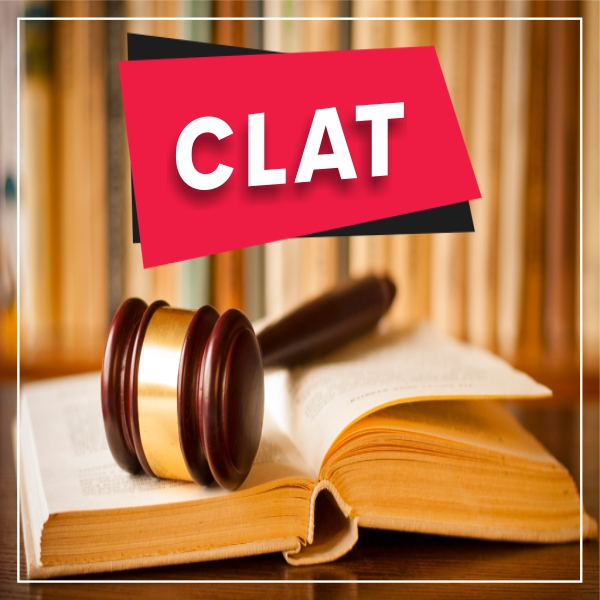Jahanvi Agarwal
The Delhi High Court has been notified by the Consortium of National Law Universities (NLUs) that holding the Common Law Admission Test (CLAT) 2024 in Hindi and other regional languages is almost unfeasible.
The CLAT 2024 test pattern and language mode have already been made public, according to the Consortium, and many candidates have started preparing for it. The test is planned to take place in December 2023.
The affidavit filed by the Consortium read:
“On the administrative side of the consortium, preparatory work of setting the paper/key, requisite contract of software technical support (OMR) etc. began in the month of February 2023 itself and are now in advanced stage of completion. Hence, the option for other scheduled options of language is a near impossibility for the 2024 CLAT to be held in December 2023.”
Furthermore, it has been noted that the CLAT exam cannot be compared with other entrance and qualifying examinations like the UPSC, IIT-JEE, and NEET because they are conducted on a significantly greater scale. Even at this point, not all of the regional languages listed in the Eighth Schedule of the Constitution are used for these tests.
The affidavit was submitted in response to a Public Interest Litigation (PIL) brought by Sudhanshu Pathak, a law student, requesting that CLAT 2024 be conducted in Hindi and other regional languages.
An expert group has reportedly been established to examine the possibility of holding the CLAT examinations in Indian vernacular languages, according to the NLU authority. However, this committee has found some real problems. Former Supreme Court Justice Indu Malhotra will lead this committee.
The committee while stating the issue was of the opinion that:
“English is also a compulsory paper. The NLUs, in particular, prepare professionals to be proficient in English for practice in High Courts and Supreme Courts, which have English as the court language. Without exploring the feasibility of transitioning to teaching in the scheduled language options in National Law Universities [if permitted by the BCI] and its connection with the use of English as a Court language (in High Courts and the Supreme Court), an ad hoc measure of testing in scheduled languages is not advisable.”
The committee further identified the following procedural problems:
- Translation difficulties in the field of law;
- Preparation materials for students in regional languages;
- Software development; distribution of test questions across the nation;
- The cost associated with the process;
- Institutional support systems must be established at NLUs for students who are unable to speak English.
The NLUs notified the Court that the committee got together and held its first meeting on June 25 and will now reassemble in the second week of July to look into these matters.
The Consortium asserted that a committee has been established to advise the Governing Body and Executive Committee of the Consortium on ways to enhance legal education.
Case Name: Sudhanshu Pathak v. Consortium of National Law Universities through Secretary & Ors
Consortium: Siddharth Aggarwal, Senior Advocate, and Keystone Partners Partner Arun Sri Kumar.

